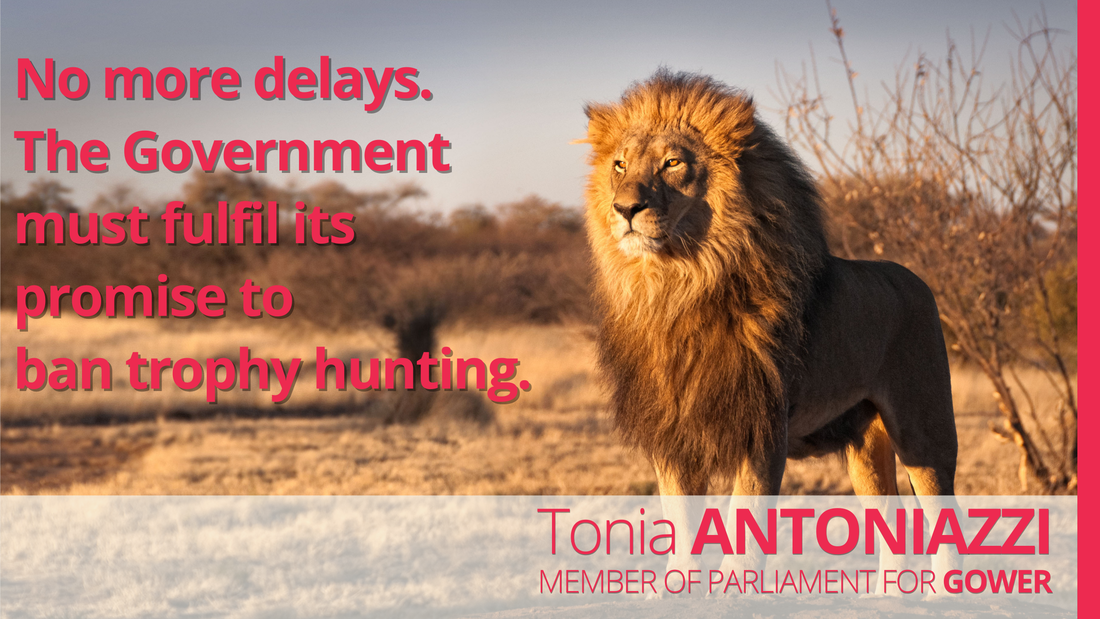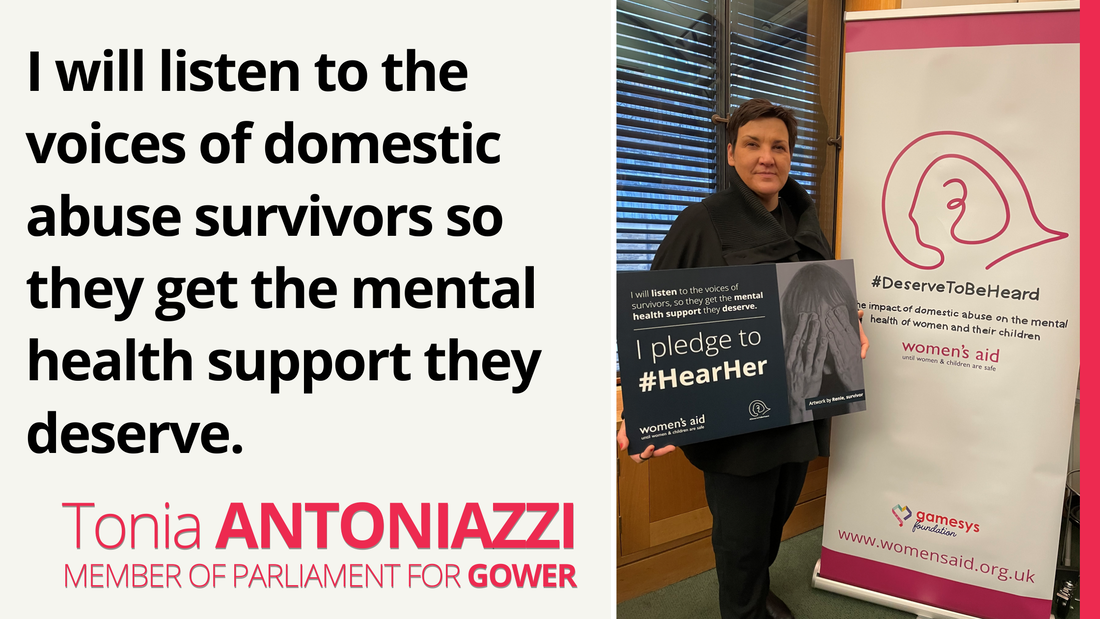If you’re unsure about what your rights are, Citizens Advice have a designated consumer advice line on 0808 223 1133 With Christmas fast approaching, here's what you need to know about the impact BNPL purchases could have on your finances:
WHAT ARE YOU SIGNING UP FOR? The Buy Now Pay Later customer journey is designed to make spending as easy as possible. Of the 14 million people that used BNPL in the UK in the past year, 39% did so without realising, and 42% didn’t fully understand what they were signing up for. Only 11% of online checkout pages explicitly warned shoppers they were taking out a credit agreement, and not one of the checkout pages on leading retailers’ websites warned people they could be referred to debt collectors for missed payments. BUYERS REMORSE Companies that focus on the price of the instalment, rather than total price can nudge people to take on more debt than they can manage. Last year, shoppers were charged a total of £39 million in late fees, and more than 1 in 4 people regretted using Buy Now Pay Later companies. THE HIDDEN IMPACT OF BUY NOW PAY LATER Payments that seem small initially can quickly rack up. In the past year:
Tonia Antoniazzi MP has called on the government to ban imports of hunting trophies without delay.
The government has released details of a proposed bill to ban trophies, but has not said when the bill will come to parliament. New figures reveal that – despite COVID - British trophy hunters still killed some of the world’s most threatened animals in 2020, including lions, elephants, hippos, giraffes, leopards, bears, and zebras. Other animals shot recently by British hunters include polar bears, rhinos, wolves and wild cats. Data from CITES – the Convention on International Trade in Endangered Species – shows that British hunters shoot on average 200 endangered animals a year. The Government says its bill to ban trophies has been delayed due to lack of time. Tonia Antoniazzi MP said “It’s time to bring this barbaric trade to an end. A ban on trophy imports is backed by 85% of voters. I call on the government to bring this bill to Parliament as quickly as possible. The longer it delays, the more animals are killed for so-called sport, selfies and sick souvenirs.” Downton Abbey star Peter Egan supported the MP’s call, saying: “We’ve just had the COP summit in Glasgow where politicians discussed how to save wildlife such as polar bears that could go extinct from climate change. Yet trophy hunters are still allowed to shoot polar bears and bring their bodies back to Britain. It’s utter insanity. “This Christmas, the government can give defenceless animals the gift of life by either publishing its bill or adopting John Spellar’s one instead. There is no justification for delaying any further.” Eduardo Goncalves, founder of the Campaign to Ban Trophy Hunting, added: “It has been two years since the ban was promised in the 2019 Queen’s Speech. Another 300 animals at risk of extinction have been killed by British trophy hunters since then. The Government should be moving as swiftly as possible to stop this terrible trade. “The Government recently adopted Liam Fox MP’s bill on providing lifelong care for people with Down’s Syndrome, in order to bring the law into effect. It should do the same with John Spellar MP’s bill to ban trophies. Delaying action costs lives of some of the world’s most threatened animals.” Last week I attended a parliamentary drop-in find out more about Women's Aid's #DeserveToBeHeard campaign. After hearing about the campaign and speaking with survivors of domestic abuse I committed my support for the campaign. Here are some resources for constituents from the campaign.
Find out more: www.womensaid.org.uk/deservetobeheard/
You can now watch my full speech from the Parliamentary debate on the Medical Cannabis (Access) Bill below. TEXT:
I rise to support the Bill. I am very proud of the work that my hon. Friend the Member for Manchester, Withington (Jeff Smith) has done to break the barrier that is there. I commend the hon. Member for Dover (Mrs Elphicke); I know Emma Appleby and Teagan very well, and I listened with joy to the hon. Member’s words, which show her great understanding of the situation that Emma finds herself in for her child to survive. She is one of many parents we work with. As co-chair of the all-party parliamentary group for access to medical cannabis under prescription— with the hon. Member for South Leicestershire (Alberto Costa)—I am very proud of our work, particularly with the hon. Member’s predecessor, the right hon. Member for Hemel Hempstead (Sir Mike Penning). This has been a journey. I have been in this House for nearly four and a half years, which is not a long time—I am quite a youngster by many standards—but I remember standing at the doors on a Friday, overhearing the conversations of peers from across the House. Basically, they were laughing at a Bill introduced by my late hon. Friend the Member for Newport West, Paul Flynn. It really did break my heart, because Paul worked tirelessly to break that barrier and get medicinal cannabis legalised. Soon after he passed away, we had a breakthrough thanks to the campaigning of the right hon. Member for Hemel Hempstead, the End Our Pain organisation and the tireless work of Hannah Deacon and Peter Carroll. Those people must be remembered in this House, along with the many, many parents and people working alongside them, as well as the hon. Member for Reigate (Crispin Blunt). Many people are fighting for the cause. We are in a ridiculous situation, and I am very emotional. My hon. Friend the Member for Middlesbrough (Andy McDonald) has spelled out what it is like to be a parent and have that loss. I cannot even bring myself to imagine it. It does not matter whether you are a parent or not; to see these children is heartbreaking. It is four and a half years since I stood here incredulous at the mockery made of the Bill that was being brought forward. The law has changed; we have had three prescriptions on the NHS. We have had no other change. I thank the Minister and the Secretary of State for our recent conversations about this situation. While there is a lot of empathy in this House, there is little action. I have stood with the parents and we have had many meetings here in the House. Members have gone to meet the parents and sometimes the children—most recently outside of the House because of covid regulations—to hear their story at first hand, and there is an empathy. But those parents and children have had to wait. They had to wait because Brexit was going on and they were on the back burner; they had to wait again because there was an election in 2019 and they were put on the back burner; and then there was covid, albeit nobody saw that coming, and they had to wait. They have been hospitalised, they have not been able to get hold of their prescriptions, there have been problems in fundraising to get their prescriptions and, as has been said, they have been unable to pay for their prescriptions, even having to sell their house. The situation they have been put in is inhumane. I see that the hon. Member for South Ribble (Katherine Fletcher) is leaving, but I was going to pay tribute to her. I am so glad that she has engaged with this debate with her constituent Joanne and Joanne’s son Ben. It is wonderful that she has listened to them and continues to want to fight, even though she knows Joanne will not be voting for her, which is very amusing for us. It is good that there is that engagement. I do not stand here with a geeky knowledge of science, to use the hon. Lady’s words, or as a general practitioner, but I stand here with four and a half years’ experience—the experience of a mother—to see the passage of the tireless work that has been done across the House, only for nothing to have changed. That is why I pay tribute to the Bill. INTERVENTION FROM JIM SHANNON MP: The hon. Lady is right. If the Government are not minded to support the Bill, as it seems they may not be, does she, like me, ask, “Well if you’re not going to help, what are you going to do?” TONIA ANTONIAZZI RESUMES: Absolutely. I really want to know what they are going to do. This has been collaborative, cross-party work, and I have had good conversations with the Secretary of State this week and with the Minister a week ago. The solution that has been put forward to me is quite interesting. They say, “Oh, well you could find one of these drug companies that you know and work with, and maybe they could put an observational trial together, and we could have the conversations with the necessary bodies, we could work on this and then it could move forward”—this is the point I was coming to—“in another two to three years.” After four and a half years, we are already in a situation where some of these children are now adults, so we are going to be looking at another, completely different situation. This situation has to change. My hon. Friend the Member for Manchester, Withington has worked tirelessly on the Bill, giving the Government an option to move this issue forward, yet yesterday I was told, “Don’t worry, Tonia; talk for as long as you like, because they’re going to talk it out anyway.” We have had debate upon debate upon debate. This is a private Member’s Bill. It would address the issues and move everything forward. That is the disappointment of this place. When the parents we work with know there is going to be a debate, they get all excited, and then nothing happens. Unfortunately, because of the way the parliamentary system works, that is how it is. That is why the Bill is so brilliant. It absolutely hits the nail on the head and I want it to pass—but we know that is unlikely. We know there is a blockage in the system. I will not stand here and call out where I think that blockage is, but it is my personal view and my experience. It is what I have read and what I know. When somebody very high up in the system says, “We do not want this to happen,” it usually does not happen. There is a blockage, and that blockage has to be broken down. I am not a GP or a medical expert, but it is wrong that this is not being looked into properly. In the conversations that the right hon. Member for Hemel Hempstead and I had with the NHS we were promised an observational clinical trial, but that had changed to an RCT by the time of our next conversation with the same people. Why? We had the perfect situation. These children were already on the medicine and were already proving that it makes their lives better. INTERVENTION FROM DR MULLEN MP: I want to make it clear that we said there are approved and allowed uses of this treatment, and I do not doubt that it helps in some circumstances, but today we have ended up having a general debate about types of evidence, with Members almost criticising RCTs and pumping up observational trials as an effective way forward. I caution Members to remember that the MMR scandal, which we now know led to the deaths of children because of how medical practice was changed, was based on an observational study of a small number of people—[Interruption.] It is not rubbish; it is true. Those parents were absolutely convinced that the MMR vaccine had caused autism in their children. They were very passionate about it and, when we looked at it properly with a longer lens, we saw that it was wrong. Be cautious about talking down RCTs and talking up observational studies. [Interruption.] TONIA ANTONIAZZI RESUMES: I understand what the hon. Member for Crewe and Nantwich (Dr Mullan) is saying, but he is not making a like-for-like comparison. Rachel Rankmore and her partner Craig have looked after Bailey through thick and thin, and she has just sent me this message: “We were told that Bailey may not wake up the Bailey you know because of brain damage from seizures and the very potent pharma drugs or not wake up at all the last time he was in hospital suffering 100s seizures before cannabis. He now lives an amazing quality of life out of hospital.” She is furious about what has been said in the House today. The improvements they have seen in their child are being cast aside. Bailey would be dead if not for medicinal cannabis, and so would many others. We got somewhere with the previous Minister, the hon. Member for Bury St Edmunds (Jo Churchill). She talked about the innovative medicines fund, and innovative medicine is exactly what this is. It has been around for a long time, and we do not have time to wait. The Government need to set up a compassionate fund now, while the trials are happening, because these children will not go on to an RCT. They will not have the drugs flushed out of their system and take that risk, as happened to Bailey, who nearly died in a hospital bed. That is not going to happen, and we have to realise that this Bill and a compassionate fund for these children is the way forward, so that they do not have to lose their house and so they have the same access to medicines that others have. We talk about intractable epilepsy, and they have tried everything else. From the risk-benefit analysis and the conversations I have had with clinicians, the benefits outweigh the risks in all these cases, which is why we are so strong and emotional about it. I do not want the Government to take us backwards but, in the recent conversations that I and my APPG co-chair have had with them, we have been told that we will have to wait another two to three years. That is unacceptable. We need to take the next step to move on. We are legislators, and the law has changed, but there have been only three NHS prescriptions—that must change. I pay tribute once again to my hon. Friend the Member for Manchester, Withington for offering a sensible way forward. The children of the parents with whom we work deserve to live their best life. It is about time that the Government started to listen. |
News Archive
May 2024
Categories
All
|
||||||



